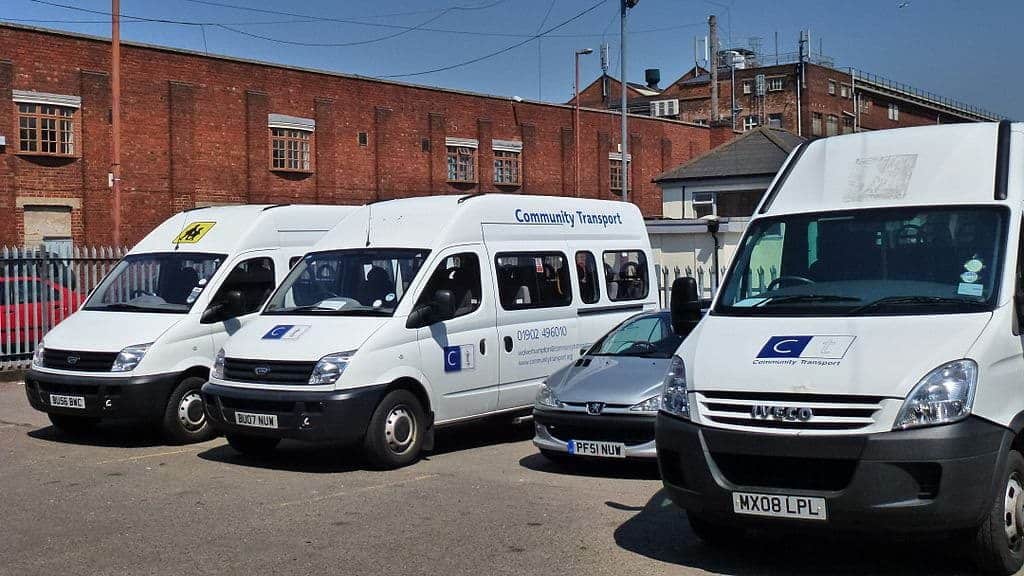“If you make more roads, you will have more traffic.”
Jan Gehl
When I started writing this piece, I expected to be able to limit it to future transport policies. As the piece evolved, it became obvious that transport policy should be an integral part of planning for climate change. A plan which has to be government-led, which does not yet exist.
In the 1960s and 70s, I earned a living by planning and managing road traffic and transport systems in Hull, Liverpool and Southampton. It all seemed so straightforward then. We assumed and planned for growth. In prosperity, and public spending.
Despite post-war austerity, highway authorities had drawers full of road schemes. Ready for the resumption of growth in public spending. Some of which were drawn whilst war was still raging, by men too old to go to war.
The future was to be driven by personal transport. This attitude still prevails. But now…
- The energy-based economy is not expected to grow. In a no-growth economy, transport is likely to have a lower spending priority than health and social care services.
- Also, road and transport users will have less money to spend on moving around.
- None of this is reflected in current planning.
- You would think that transport systems and new development would be planned together. Not so. Roads are built and traffic managed to reduce congestion. Leading to changes in land use, which may or may not be wanted.
Now there is a new kid on the block. Global warming/heating is accepted as something which has to be tackled. But what if it is unlikely to be stopped? Despite all the efforts of governments and activists.
Whether or not global warming continues, economic no-growth suggests it would be sensible to reduce the capacity of all kinds of travel and transport infrastructure. Not increase it, which is current policy.
Attitudes to road and rail traffic congestion must change. There is nothing inherently wrong with congestion. It should be seen as a positive “tool” to force wanted changes. As happens naturally in some areas judged to be of heritage value.
Busy shops are seen positively. Maybe busy roads and trains should be seen in the same way?
Creating more road and rail capacity to relieve congestion must no longer be a fundamental planning aim. Far better, in the worst-case scenario, to spend declining resources on planning to live with climate change.
Demands for travel and transport will in any case reduce as a consequence of declining prosperity. When we have less to spend on travel, we will “naturally” re-orientate our life-styles – as we have been doing appositely for the last 50 years or more, as prosperity has grown.
Reducing road capacities for general traffic can be done gradually. In urban areas by replacing general traffic road space with bus and cycle lanes. By adding pedestrian phases on traffic signals. By declassifying rural roads and associated maintenance.
Similarly, reducing public transport network subsidies and focusing public transport spending on volunteer-driven local community buses, will also ease the problems of those who become unable to afford cars.
Can any of this be feasible when perceptions of no-growth kick in? Whatever turns out to be reality, it is essential that the powers-that-be must now plan for a future of no-growth and unavoidable climate change. A contingency plan, just in case, would be better than assuming a future of business-as-usual.
There is an underling issue: how to plan for unstoppable global warming?
In his book A Rough Ride to the Future, James Lovelock suggests: “The answer may lay in high-rise, high-density, climate-controlled cities like Singapore”.






Is an integrated infrastructure policy really needed? For example if the system is looked at from a local commmnity demand side perspective – assessing forward looking local community needs- then local businesses and community requirements would include high speed telecommunications – fibre- which reduces the need for travel. How far would you go in integrating the transport and other policies ?
I agree. BUT if the Government or a local community want to reduce global heating, reducing travel and transport may help.
Barry, I would like to add the following to your informative piece which seeks to explore the wider implications of the ecological (biotic and abiotic interactions) with the cultural of which destroying the green to create the grey is an intrinsic part.
The unfortunate reality in America, like in the UK, is that it is in deep forms of ecological debt which means the American population, whether through it’s population numbers or it’s rates of energy and material consumption, outstrips the biocapacity of America.
https://en.m.wikipedia.org/wiki/List_of_countries_by_ecological_footprint
https://goodlife.leeds.ac.uk/
This national ecological deficit (or national ecological insecurity) has ramifications for the political, social, cultural and economic life of Americans which gives rise to divisions on the basis of cultural identities, whether those identities are shaped by ideology, class, race, ethnicity or style. Therefore, what we are currently witnessing across large swathes of the Western World are deeply profound conflicts over ecological scarcity which demands rational debate regarding population, immigration, border, trade and energy and material consumption policies.
Therefore, rather than defaulting to the hubris of racism, which invariably reinforces these cultural divisions, we need to be debating on how we create national ecological security in the form of national ecological credit, which will invariably mean managing population, immigration, borders, trade and consumption flows.
To reject these much needed rational debates and instead default to the hubris of racism, is not only irrational but simply serves to reinforce divisiveness within our societies as well as actively promoting national ecological insecurity and national ecological debt.
With regards
Steve.
Ecology is Political
Cornelius Castoriadis
https://entitleblog.org/2018/06/21/the-political-ecology-of-cornelius-castoriadis/
Thank you Steve. I am having difficulty understanding what “the hubris of racism” has to do with travel and transport policy.